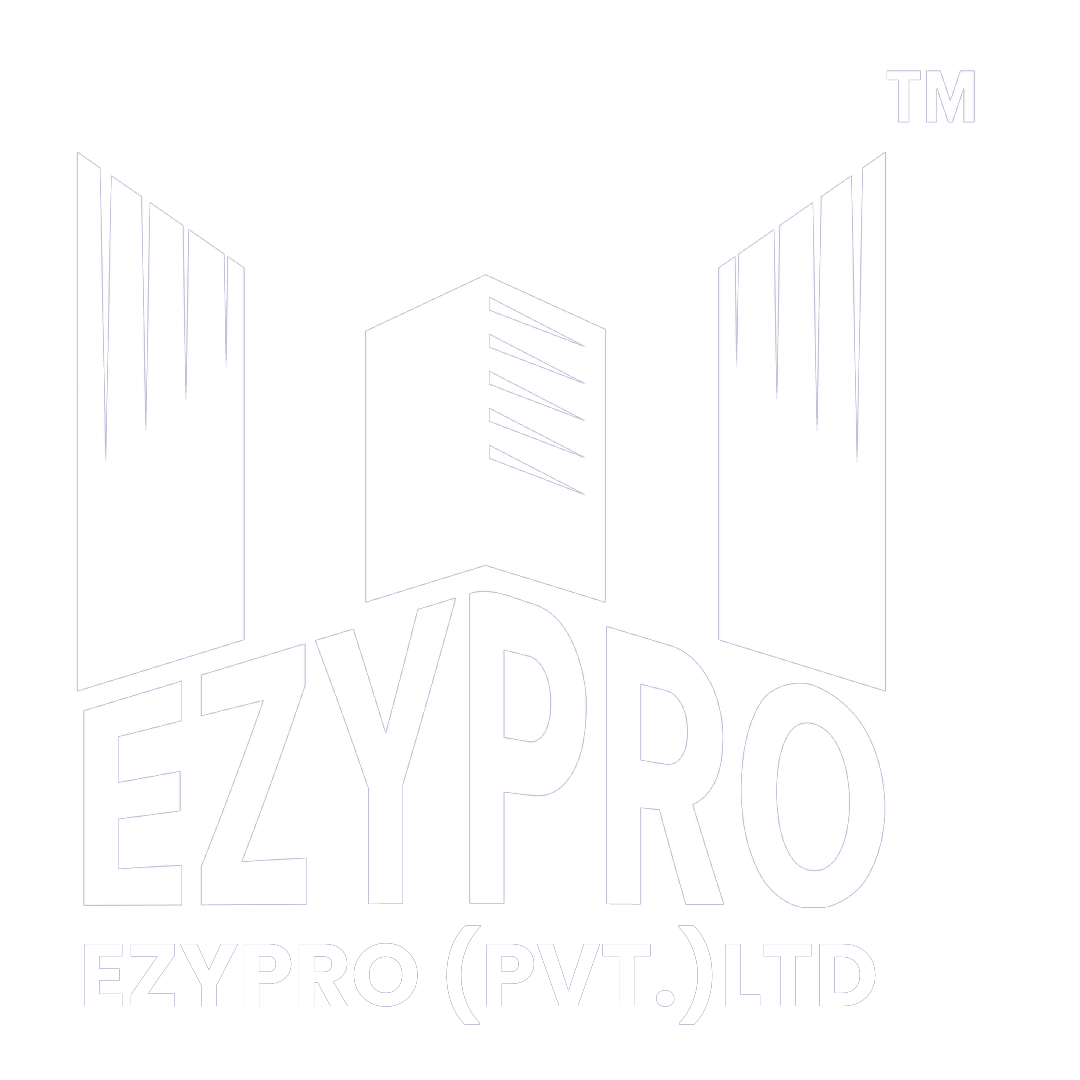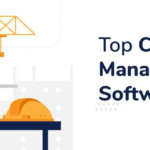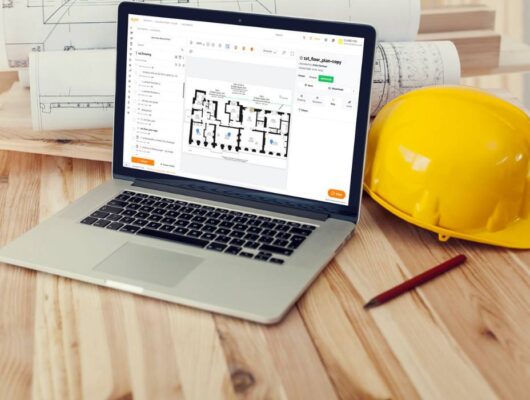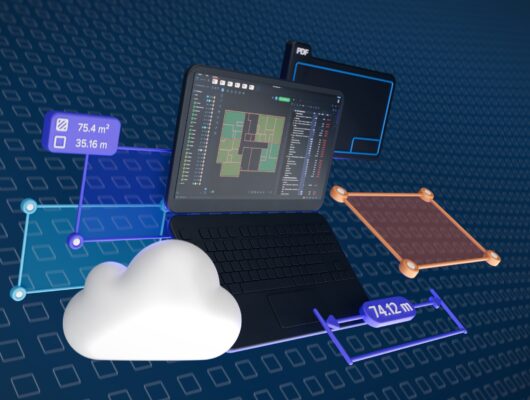When it comes to construction projects, the phrase EPC may be a professional slang, but it is a fundamental aspect of variety of project processes that includes project planning, project control and project closure. EPC construction management software to make it more interesting, let us examine what the terms together means in a more simplified manner since it does not only concern construction professionals but also readers who are simply interested in the subject matter. First, we will look into the definition of EPC, its components and how modern technological advancement is changing and will continue to change the way construction is done in the future.
What Does EPC Stand For?
EPC is an abbreviation for Engineering, Procurement and Construction. This is one of the Project delivery systems which permits one contractor to assume the overall responsibility of the design, procurement, and construction for the project. In short, it’s like hiring an individual to manage and supervise everything in the house starting from the lawn to the painting.
Consider you are constructing your ideal home when thinking about this. Rather than hiring different architects, suppliers, and builders, you hire a single company to do everything. This is the core of an EPC contract.
Why is EPC Important in Construction?
EPC contracts are better suited for larger construction projects such as power plants, oil refineries, highways and industrial plants among others. But why is this model so widespread? Here are some reasons that might help explain why:
- Simplified Accountability: Having full control on the project allows for one person or contractor to handle the entire project and hence eradicates any useless finger pointing – with a single point of contact eases communications and the clients do not have to deal with multiple contract with each contractor in the event of delays.
- Efficiency: Resources, time and financing are often sparred and saved due to the singular contact point as there is no need to create multiple contracts as every phase of the project is under one umbrella.
- Cost Control: Since the initial contract has a figure determined by the contractor themselves, transparency in project costs is there from the start, reducing likelihood of surprises in cost.
- Quality Assurance: The contractor’s accountability ensures that quality standards are met across all phases, from design to completion.
The Components of EPC
Let’s take a closer look at each component of the EPC process to better understand how they work together:
1. Engineering
Engineering forms the foundation of any construction project. During this phase, the contractor’s team develops detailed designs, specifications, and blueprints. These documents guide the entire project and include:
- Structural designs
- Electrical and mechanical systems
- Environmental impact assessments
- Safety protocols
Engineering also involves obtaining permits and approvals from local authorities, ensuring that the project complies with legal and regulatory standards.
2. Procurement
The procurement phase involves sourcing everything needed to execute the project. This includes:
- Building materials
- Machinery and equipment
- Specialized tools
The EPC contractor leverages their network of suppliers to negotiate favourable terms, ensuring timely delivery and cost efficiency. Effective procurement is crucial to prevent delays caused by material shortages.
3. Construction
Construction is the final phase where the project takes physical form. It involves:
- Site preparation
- Structural assembly
- Installation of systems (plumbing, HVAC, electrical, etc.)
- Final inspections and commissioning
The EPC contractor’s team coordinates with workers, subcontractors, and quality assurance professionals to ensure the project meets all specifications and is delivered on time.
The Role of Technology in EPC Projects
The construction business is experiencing a digital transformation and throughout the lifecycle of EPC projects, technology is playing a key role. Below is how technology is enhancing the construction landscape:
1. ERP Systems for Construction
ERP (Enterprise Resource Planning) systems are comprehensive software solutions that integrate various aspects of a construction project. For EPC projects, ERP systems enable:
- Real-Time Monitoring: Monitor the flow of work on the site and flag areas that are starting to slow down.
- Resource Allocation: Strategically assign people, materials and equipment as needed.
- Financial Management: Manage the budgets and expenditures of the project accurately.
2. Construction Management Software
The Construction Management Software like EZYPRO takes project management to the next level by offering features like:
- Collaboration Tools: Team members will exchange information and updates as needed.
- Document Management: Store and access blueprints, contracts, and permits in one place.
- Scheduling: Essential deadlines and tasks will be created.
By integrating these tools, EPC contractors can deliver projects more efficiently, ensuring client satisfaction
The Future of EPC in Construction
According to its growth in the construction sector, it is reasonable to project that the Growth of EPC will become even more sophisticated and extended. Among the factors determining the future are the following:
- Sustainability: In an effort to ameliorate the impact on the environment, practices from the green building movement are being incorporated into the projects using ai-led EPC performance.
- Digital Twins: Copies of items constructed onto a particular project make it easier to plan and foresee risks.
- AI and Automation: Project management is becoming more effective through predictive analytics and automated workflows
- Enhanced Software: The Construction Management Software will offer more advanced features, from AI-driven insights to augmented reality tools.
Conclusion
In the construction business, EPC encompasses the complete project, putting together engineering, procurement, and construction in the same basket. By decreasing overlaps and inefficiencies, as well as enhancing the application of technology, it promotes more effective coordination during execution. So, whether you are a project manager, a contractor or just keen on the Best Construction Management Software, this is something that you need to understand. This isn’t a marketing term that’s invented yesterday. Rather, this is a practical idea which ensures that construction projects are completed in time, within the set budget and with the expected standards of quality.








